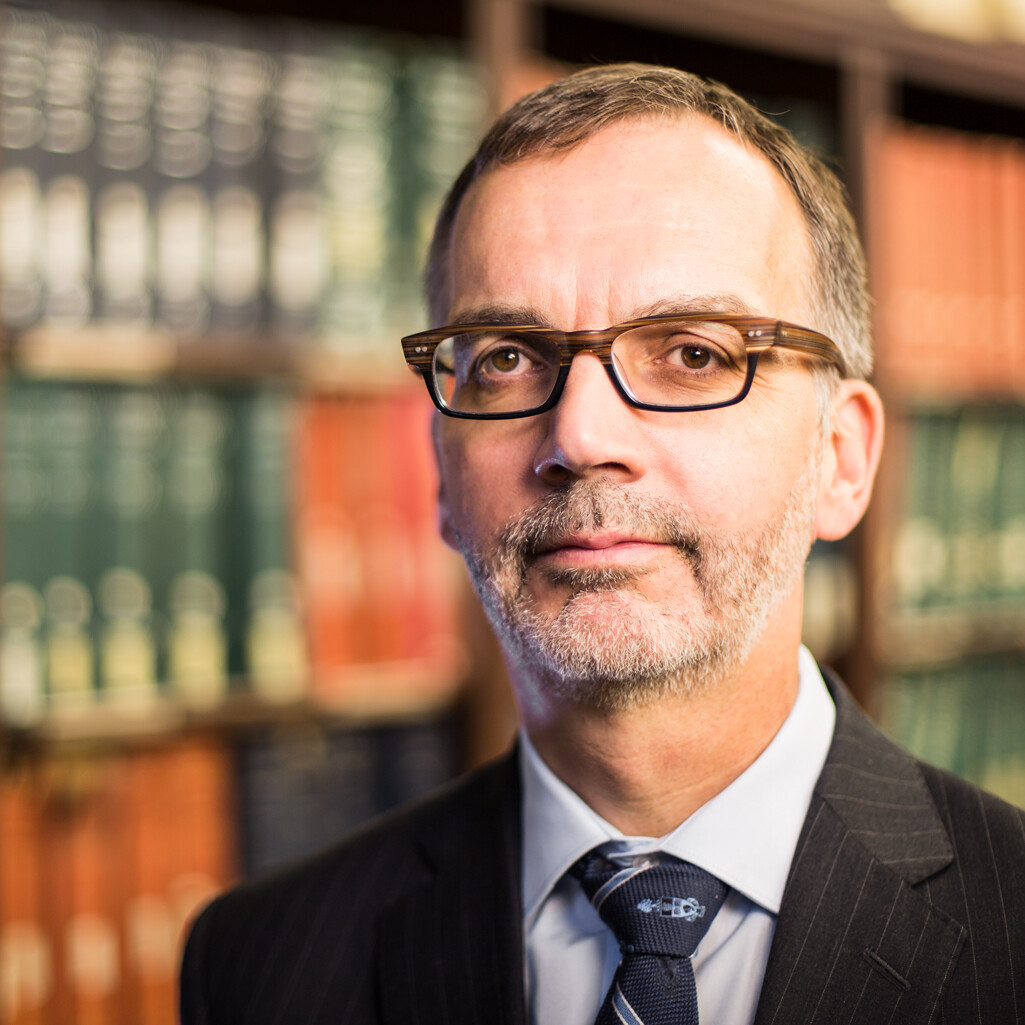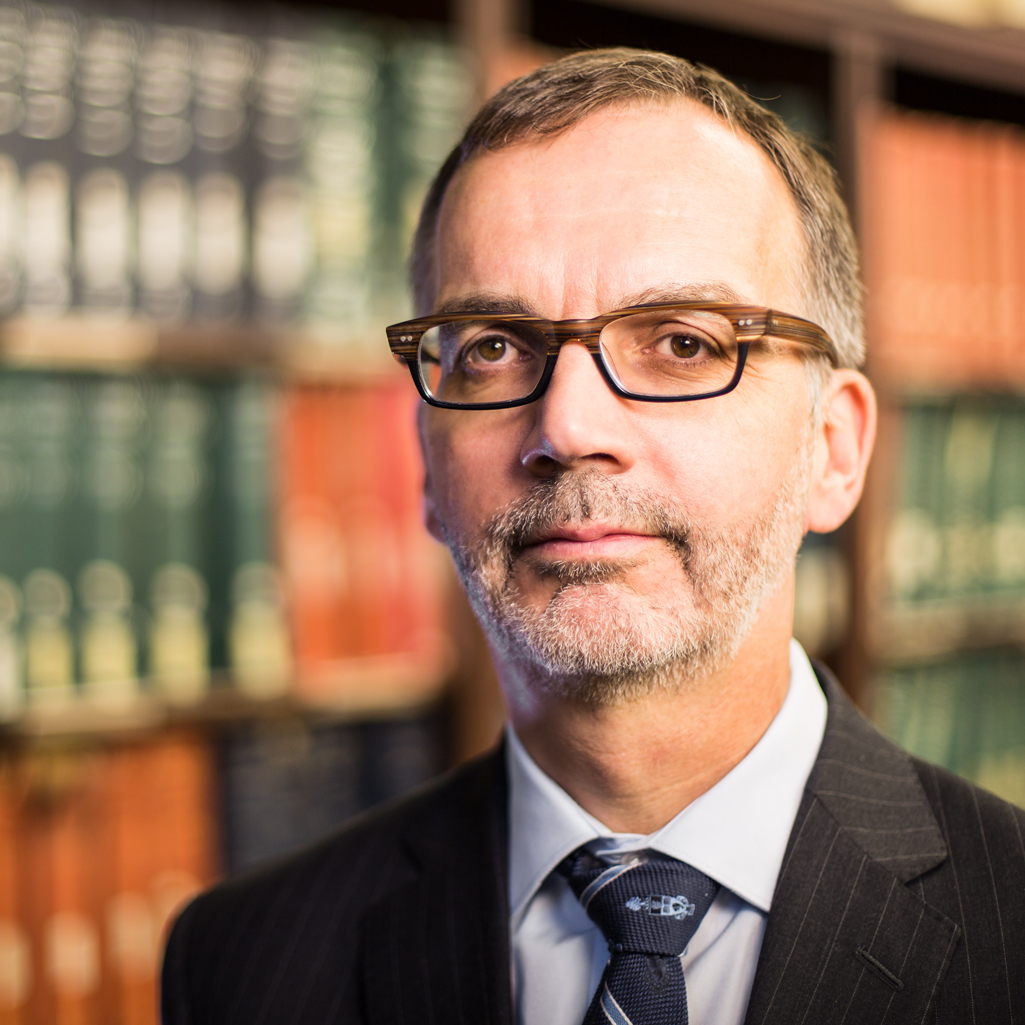Mobile Menu
- Education
- Research
-
Students
- High School Outreach
- Undergraduate & Beyond: Community of Support
- Current Students
- Faculty & Staff
- Alumni
- News & Events
- Giving
- About

 The Canadian Institutes of Health Research (CIHR) has given us an opportunity to recommit to our MD/PhD program, which is a national resource that in any given year produces 30-40 per cent of the total number of MD/PhD graduates in Canada. On June 18, CIHR announced it was ceasing funding to MD/PhD programs in Canada after this year due to budget cuts, which prompted many people within the medical education community to reflect on just how valuable these programs are.
The Canadian Institutes of Health Research (CIHR) has given us an opportunity to recommit to our MD/PhD program, which is a national resource that in any given year produces 30-40 per cent of the total number of MD/PhD graduates in Canada. On June 18, CIHR announced it was ceasing funding to MD/PhD programs in Canada after this year due to budget cuts, which prompted many people within the medical education community to reflect on just how valuable these programs are.
This model of training clinician scientists proved very effective. Not only does it provide an enriching experience for our students, it brought very talented researchers into our labs and produced successive generations of academic health leaders. As our own Mel Silverman wrote in The Globe and Mail, there has been broad consensus “…that MD/PhD programs were essential for sustaining Canada’s manpower in patient care, clinical instruction and health research.” Mel would know. He founded our MD/PhD program — the largest of its kind in Canada with a current enrolment of 57 students — and has helped spread this research and learning model nation-wide.
As they work toward their degrees, our students are also building leadership skills. U of T MD/PhD students like Kevin Wang and Ayan Dey have held executive roles within the Clinician Investigator Trainee Association of Canada, which develops comprehensive programming for clinical investigator trainees across the country. IMAGINE, a student-run community health clinic that helps disadvantaged populations in downtown Toronto was founded by Sagar Dugani, who graduated with an MD/PhD in 2012.
It wasn’t long after I completed my own medical training that I felt drawn to research. For me, it wasn’t enough to provide treatments; I wanted to conduct research that could discover or improve those treatments. I completed my PhD through our Institute of Medical Science in 1995 and I firmly believe that I am a better clinician because of the research I do, and I’m a better researcher because of my clinical experience.
While we may regret CIHR’s decision, it’s also an opportunity for us to recommit to the MD/PhD program. The lack of funding won’t prevent us from continuing to offer the MD/PhD at U of T (see the FAQ on the MD/PhD website). Simply stated, this program is too important to lose. Norman Rosenblum, who is an advocate for clinician scientists in Canada and a distinguished researcher in developmental nephrology, now leads our MD/PhD program. He is working with colleagues to find new funding options that will ensure we continue to support this important program. I appreciate his leadership on this issue, both here at U of T and nationally. In fact, I hope we can find more opportunities in the coming years to strengthen our clinician scientist programs and develop new dual degree programs for our students.
We are tremendously fortunate to study and practice medicine here in Toronto, one of the world’s great research centres. Our MD/PhD program allows us to harness this strength by providing training and making discoveries that will improve health around the world. Through collaborative and interdisciplinary research, we are advancing medicine and having an impact on the lives of millions. If we want to deliver on the promise of “bench to bedside” solutions for our patients, we need people who can take these discoveries out of the lab and bring them into the clinic. The MD/PhD program is essential to achieve this.
Trevor Young
Dean, Faculty of Medicine
Vice-Provost, Relations with Health Care Institutions